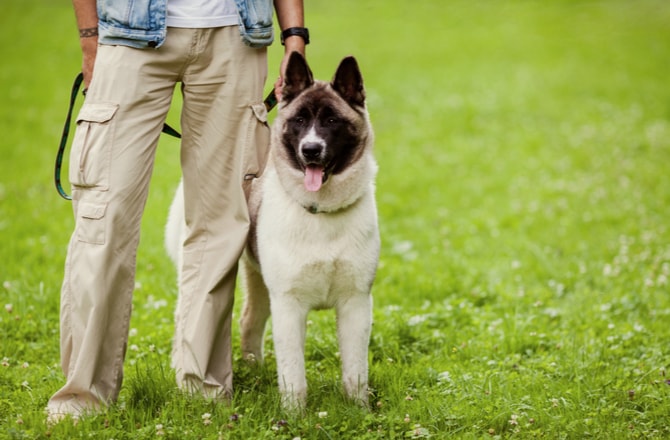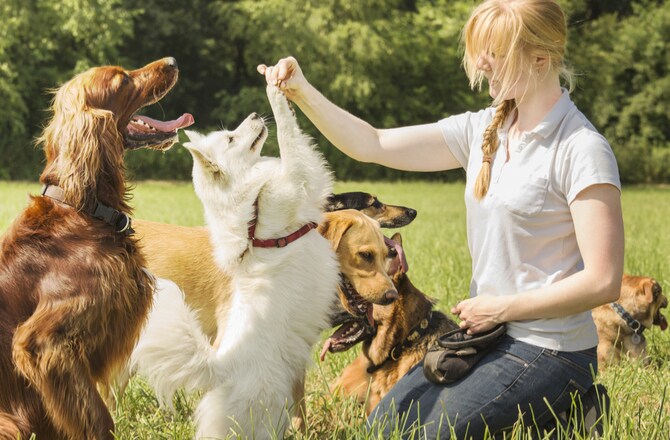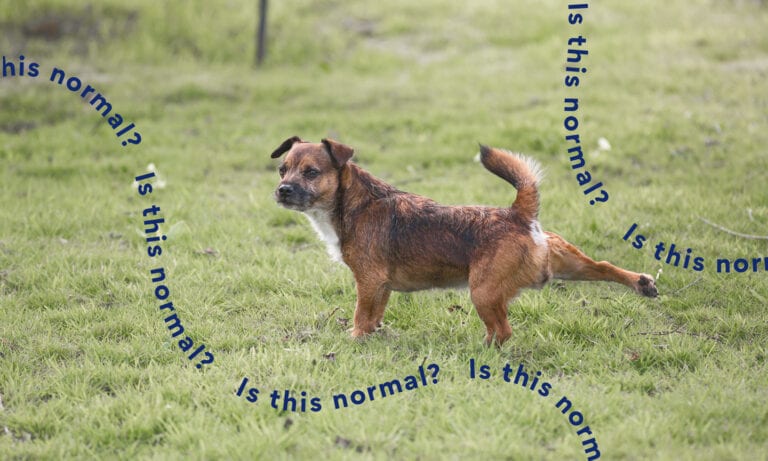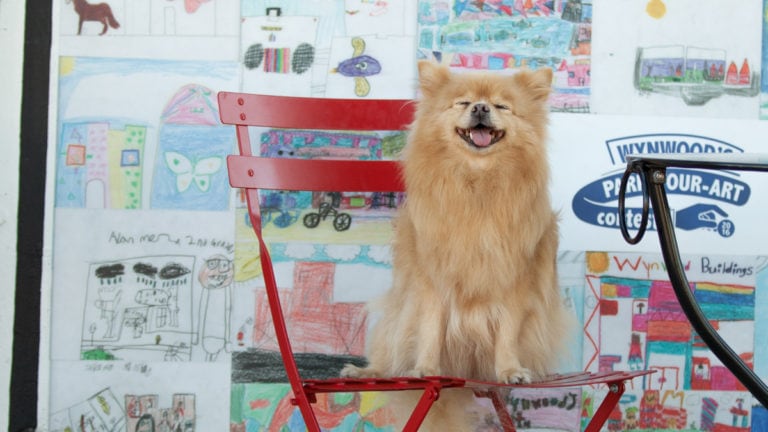Your dog trainer is more than just a teacher of “sit,” “down” and “come.” Sure, dog trainers know a ton about how to motivate our canine clients, but our commitment to our students, both canine and human, is deeper than you might realize. Here are nine things you probably don’t know about us:
You’re Always On Our Minds

You might think that once you walk out of the training facility or your private trainer leaves your house that we forget about you until the next time we’re scheduled to meet. Think again.
Our clients’ challenges become our own, which means that you’re frequently in our thoughts during our off hours. We’ll strategize the best ways to assist you to get the job done, or stress out when setbacks happen. We want nothing more than to help you and your dog succeed, and we’ll do everything in our power to help you get there.
Our Dogs Aren’t Perfect

Many dog trainers use their own dogs as examples of their training prowess, while others (yours truly included) would rather not.
Whether it’s because some trainers take on challenging cases that make the dogs unsuited for life as a demo dog, or just because they don’t feel like training yet another dog when they get home at the end of the day, not all dog trainers have impressive specimens. Sure, our dogs know the basics, but some dog trainer’s dogs still leap on guests (guilty), beg for food during meals, and sass other dogs during walks. As the saying goes, the cobbler’s children have no shoes.
We Tell the Truth

A big part of our job is making life better for our canine students, and sometimes that involves telling truths that pet parents don’t want to hear. If you’re crating your dog too much, we’re going to let you know. If your new rescue dog is a danger to your beloved cat, we’re going to have that difficult conversation with you. You hire us to provide solutions, and sometimes working through them can lead to uncomfortable realizations. But trust us, we have your dog’s best interests at heart.
We See Everything

Good dog trainers are great observers; we’re always watching our canine students closely because we’re having a conversation with them as we train.
That furrowed brow might mean the dog is worried about the sound of a far-off siren. That restlessness might mean that the puppy needs a potty break. We keep our eyes on our dog clients because they have so much to say to us. However, our observations skills apply to our human students as well.
We’re watching you closely to make sure that you understand what we’re teaching and if you can follow our directions. We see how you hold the leash, how you deliver dog treats, how you pet your dog, and how you react to stress. But there’s no judgment, because we’re there to help!
We’re Part-Time Therapists

Dog trainers have to deal with fights, temper tantrums, crying and a variety of other misbehavior from the *human* end of the dog leash. We’re often pulled into family drama during the training process, whether settling disputes between spouses, or acting as the “bad cop” when the kids won’t listen to mom.
Even though our primary skill sets are based around our canine students, the reality is that dog trainers have to be able to successfully manage various human personalities while simultaneously keeping our canine students engaged and happy.
We Don’t Just ‘Play with Dogs’

A huge part of working with dogs and their people is fun. What’s not to love about training a cuddly, eager-to-learn puppy, or helping an adolescent learn to channel his boundless energy? But there’s so much more to dog training than just “playing” with dogs.
Good dog training is based in science, which means that trainers need to have a firm grasp of learning theory, canine behavior, and interpersonal dynamics. We need to be able to demonstrate a training exercise clearly, coach pet parents as they try it, and troubleshoot any problems that might arise. And if a dog trainer wants to be successful long-term, he or she also needs to be awesome at advertising, public relations, web design, billing, accounting, scheduling, forecasting and time management. Dog training can be a fun career, but it’s also a business.
We’ve Got a Huge Bag of Tricks

As in the different dog toys, treats, bones, leashes, collars, and harnesses we bring to class, as well as dozens of ways to come at every training and behavior challenge.
If you’re got a low-rider doxie and you’re having a tough time getting him to lie down, we’ve got five different methods you can try to make it happen. If you’re dealing with on-leash aggression we can use counter conditioning and desensitization, constructional aggression treatment, or behavior adjustment training protocols to alter it. Is your puppy pottying in the crate? We’ll go through a checklist, identify the possible reasons why, then coach you as you try a couple different solutions.
Dog training requires creativity and a nimble mind, because every household has different needs, and every dog is an individual.
We’ll Cry with You

Because training allows us to connect with you and your dog on a really special level, we feel your pain when things go wrong. Losing a pet, feeling overwhelmed by a new dog, rehoming a dog that’s a bad fit for your household – if you’re feeling sad about something, more than likely we are too. Once we embark on the training process we’re invested in your lives, and your best friend quickly becomes our best friend, too.
But that also means that we’ll cry happy tears with you as well. Those “I can’t believe he actually did it!” moments get to us too, so don’t be surprised when our eyes well up and we need a moment when your dog does something amazing.
We Really Love Our Clients

Most dog trainers get into training because we adore dogs and want to help them, but the happy byproduct is that dogs also come with people. We see how much your dog means to you and how hard you work together, and that makes us love you. The relationship between dog trainer and clients, both canine and human, is a special one, and because of that our job is unlike any other.

Victoria Schade is a dog trainer, author & speaker who has contributed to The Washington Post, Martha Stewart, and other publications.
Share:









